Author, Entrepreneur, Activist & Environmentalist
New Belgium Brewing & Fat Tire
Heidrick & Struggles
Sustainable Brands
Barclays
Cool Effect
Maple Leaf Foods
Climate Action Reserve
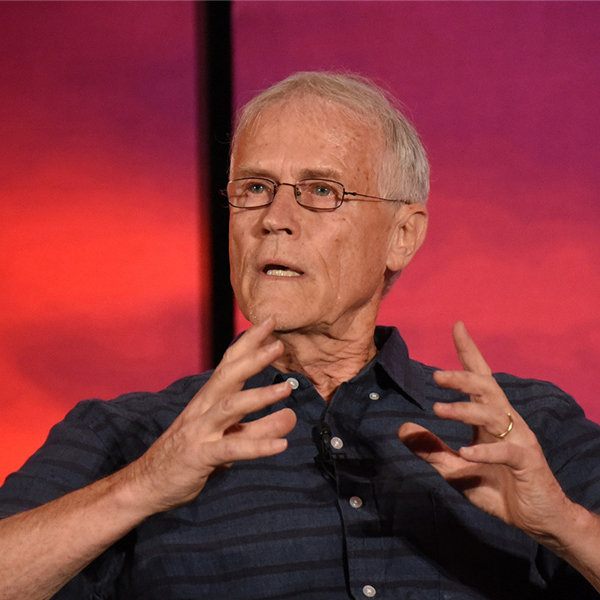
Paul Hawken starts ecological businesses, writes about nature and commerce, and consults with heads of state and CEOs on climatic, economic and ecological regeneration. He has appeared on numerous media including the Today Show, Talk of the Nation, Bill Maher, and Charlie Rose, and has been profiled or featured in hundreds of articles including the Wall Street Journal, Newsweek, Washington Post, and Business Week. He has written eight books including five national and NYT bestsellers: Growing a Business, The Ecology of Commerce, Blessed Unrest, and Drawdown (2017).
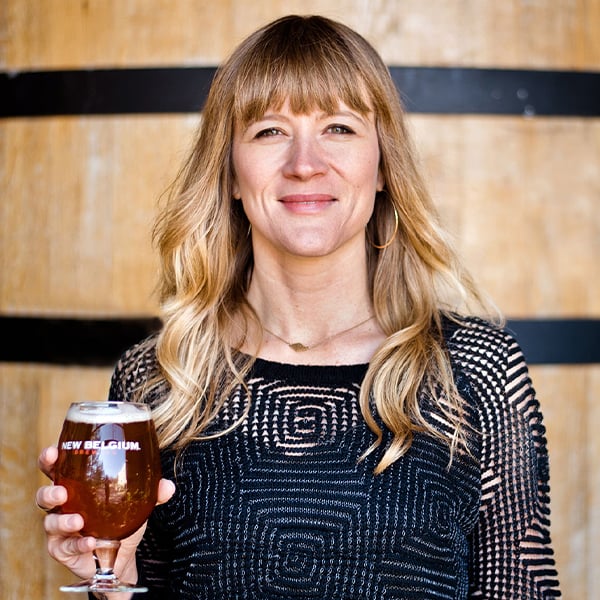
Katie Wallace is the Director of Social & Environmental Impact at New Belgium Brewing, where she has been for 16 years. As a pioneer in corporate sustainability and B Corp business models, Katie leads the company’s work to address pressing issues like climate change, diversity/inclusion, and economic equality. Her team works toward these goals through operational sustainability initiatives, philanthropy, policy advocacy, brand-based advocacy, and coworker culture.
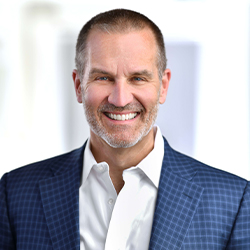
Jeremy Hanson is a member of the Global CEO & Board of Directors Practice; and Co-Head of the Sustainability Practice where he consults on the governance and leadership implications of growing investor demand for sustainability (ESG) performance. He previously was Managing Partner of the firm’s Global Financial Officers Practice.
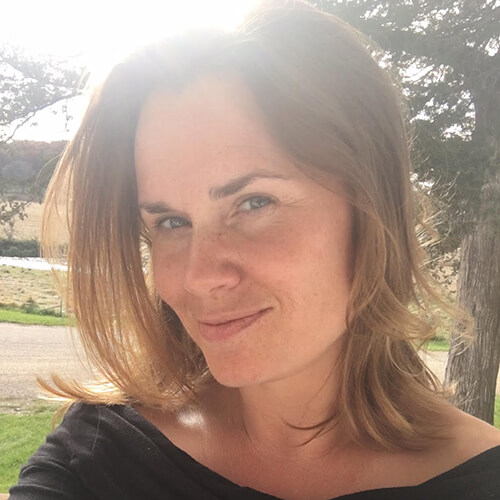
Etienne White is a marketing strategist, writer, and coach, and the Vice President of Brands for Good at Sustainable Brands. With more than 20 years of global brand management and marketing experience, Etienne has extensive knowledge in building both mainstream consumer brands and eco labels. Prior to heading up Brands for Good, Etienne founded and ran a company called ‘Possible’ for four years. Through ‘Possible’, she worked at the nexus of sustainability and marketing to help make the impossible, possible, with a diverse array of brands in the US, Europe, and Latin America.

Jed Lynch is the Head of Americas for the Sustainable and Impact Banking team within Barclays Investment Bank. He advises positive-impact companies, which are businesses with a product or service that addresses an environmental or social challenge, on capital raising and corporate strategy. He also works with large-cap companies on sustainability strategy. Jed joined Barclays in 2008 and previously worked in equity capital markets and debt capital markets.
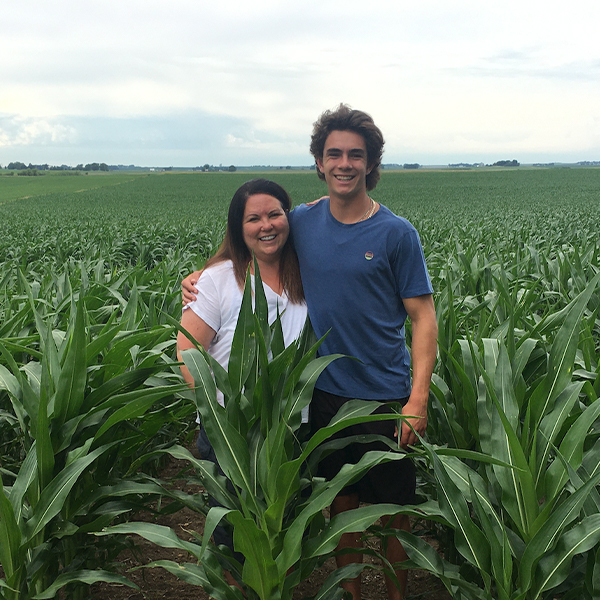
As Director of Marketing and Partnerships for Cool Effect, Jodi Manning is responsible for helping to build the nonprofit into a community of 500,000+ businesses, individuals and organizations taking action in the fight against the climate crisis. Jodi works with companies of all sizes to develop their sustainability programs, helping them reduce their carbon emissions then offset the rest with the highest-quality carbon offsets around the globe.
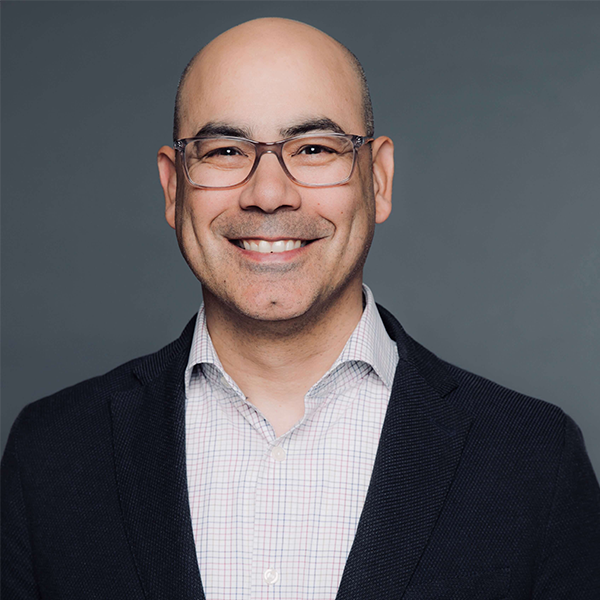
Tim Faveri is Vice President, Sustainability & Shared Value at Maple Leaf Foods. In this capacity, Tim leads the development and execution of the strategy and initiatives that deeply embed sustainability and shared value into Maple Leaf’s culture and business. Tim is a seasoned business and sustainability professional and his specialties include sustainability strategy development and implementation; carbon management; corporate reporting/disclosure; stakeholder engagement; and supply chain and environmental risk assessment and verification. Prior to joining Maple Leaf, Tim was Director, Sustainability and Responsibility at Tim Hortons Inc., one of North America's largest publicly-traded restaurant chains and iconic Canadian companies.
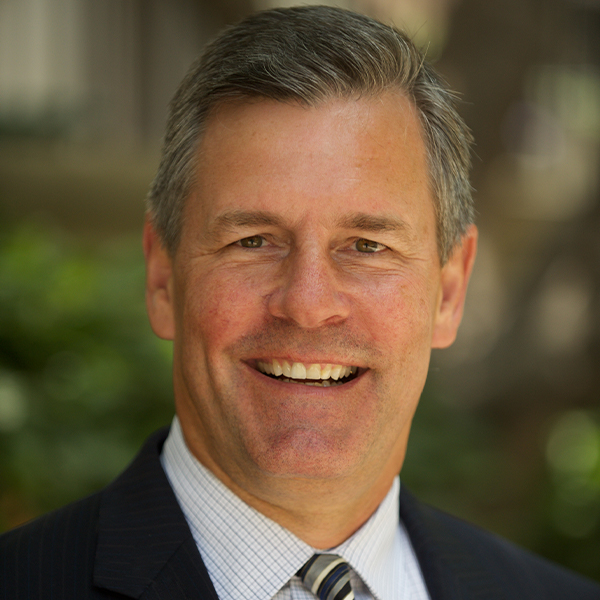
Craig Ebert serves as the President of the Climate Action Reserve where he is responsible for ensuring that the organization’s activities meet the highest standards for quality, transparency and environmental integrity. He oversees the organization’s continued leadership and commitment to ensuring offsets are a trusted and powerful economic tool for reducing emissions. He also leads the organization in identifying and entering into other opportunities that build upon its knowledge and expertise and further its work under its mission and vision. He supported U.S. negotiations on international climate change agreements, including negotiations leading up to the creation and signing of the Kyoto Protocol.
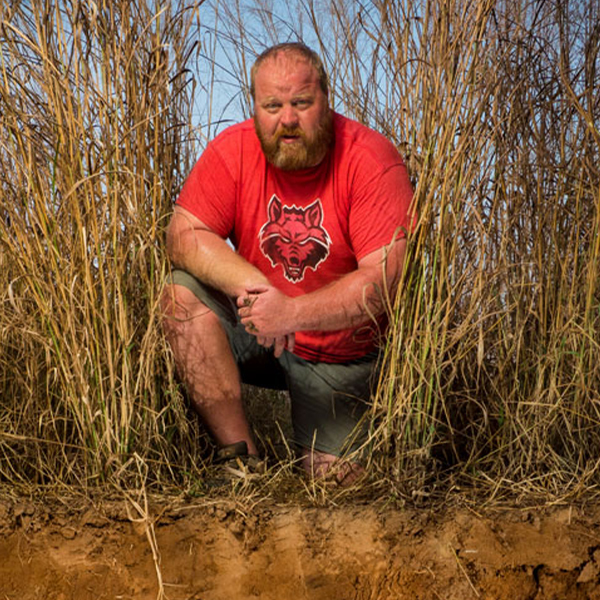
Adam Chappell, a fourth-generation farmer, and his brother, Seth, farm 9,000 acres in Cotton Plant, Arkansas. After studying botany and entomology at Arkansas State and University of Arkansas, he developed an early interest in the benefits of less conventional farming methods. In 2009, to stop pigweed (palmer amaranth) from taking over his fields, Adam began implementing regenerative farming methods. This has been beneficial for his farm as he has been able to cut on-farm costs, reduce weeds, and improve soil health.

Chris leads Indigo Ag’s efforts to develop a trusted and scientifically rigorous carbon credit program for farmers. He first joined Indigo in 2019 as Vice President, where he was responsible for guiding Indigo’s Product and Engineering teams in the development of digital agronomic tools. Today, Chris oversees all aspects of the Indigo Carbon program – from scientific collaborations to corporate buyer partnerships, grower resources to business strategy – with the aim of establishing agricultural carbon credits as an indispensable resource for increasing grower profitability and environmental sustainability.
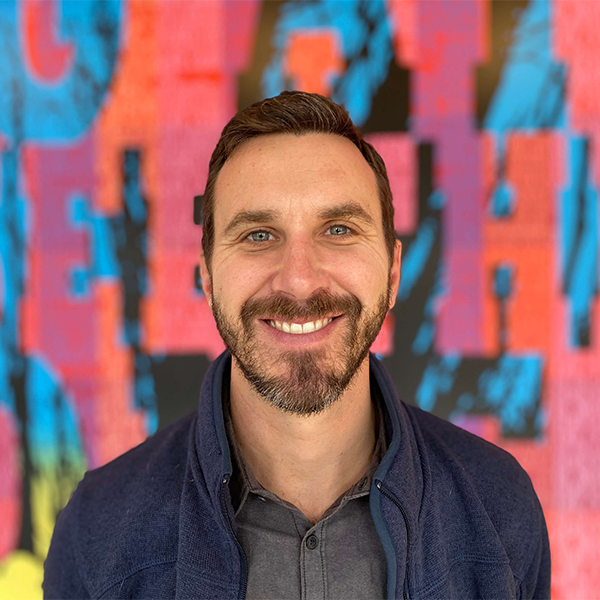
Max leads global carbon policy at Indigo Ag. This includes development and implementation of carbon accounting methodologies, as well as Indigo’s strategic engagement with external partners and initiatives to build reputation and positioning within the carbon market. Prior to joining Indigo, he was Policy Director at the Climate Action Reserve where he spent 11 years. He is an expert and thought leader on the development and implementation of rigorous offset project protocols, developing many key policy and technical approaches that underpin the voluntary and compliance offset markets in North America.
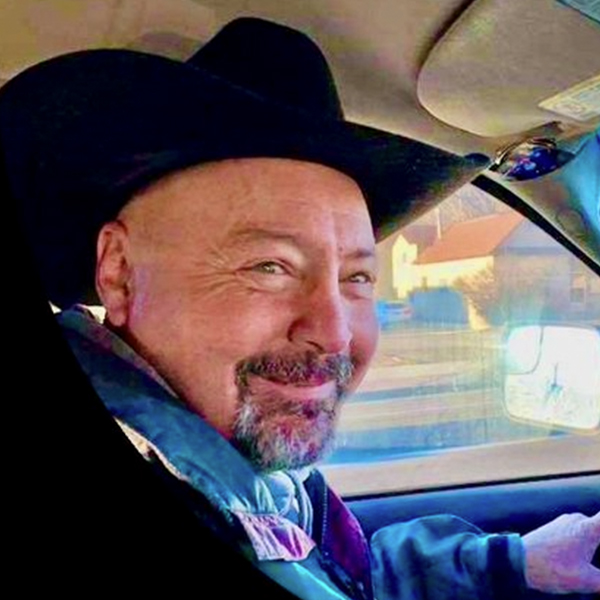
Darrin Unruh is a regenerative ag specialist for the Western region at Indigo Ag. He grew up on a farm in Reno County, Kansas, running a 4010 John Deere tractor pulling a four-bottom plow. Since then, Darrin has come full circle in terms of my views towards soil health. He took his first Holistic Resource management course in the early 90’s. Along with his brother, Stacy, he runs a farming partnership consisting of approximately 770 acres that is managed biologically and has a cow/calf operation that is focused on flex grazing to improve soil health.
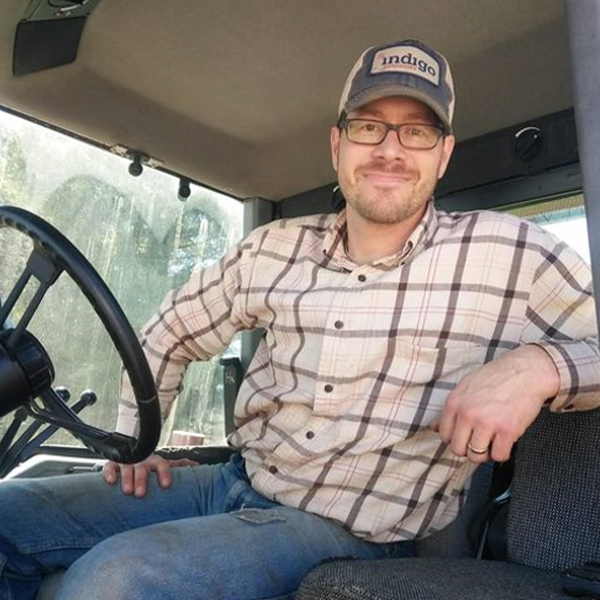
Ryan Stockwell serves as the Sr. Manager, Partner & Grower Advocacy. Previously, he served as the Director of Sustainable Agriculture for the National Wildlife Federation. In that role, he led the cover crops program, including policy development in the Farm Bill, research coordination, and farmer champion communication training. He also worked on strategies to communicate regenerative agriculture to farmers in ways that best meet their decision-making methodologies. In his spare time he farms near Medford, Wisconsin, using regenerative practices.
© Copyright 2024 Indigo Ag, Inc. Privacy Policy | Terms of Use
500 Rutherford Ave, Boston, MA 02129 | 50 South B.B. King Blvd, Memphis, TN 38103 | 844.828.0240 | info@indigoag.com
500 Rutherford Ave, Boston, MA 02129
50 South B.B. King Blvd Memphis, TN 38103
844.828.0240 | info@indigoag.com
© Copyright 2024 Indigo Ag, Inc.
Privacy Policy Terms of Use
© Copyright 2024 Indigo Ag, Inc. Privacy Policy | Terms of Use
500 Rutherford Ave, Boston, MA 02129 | 844.828.0240 | info@indigoag.com
Av. Doutor Chucri Zaidan, 940 – Torre 2 – 11º andar - Vila Cordeiro
São Paulo - SP CEP:04583-906 | info@indigoag.com
© Copyright 2024 Indigo Ag, Inc.
Política de Privacidade | Termos de Uso
© Copyright 2024 Indigo Ag, Inc. Privacy Policy | Terms of Use
500 Rutherford Ave, Boston, MA 02129 | 844.828.0240 | info@indigoag.com
Av. Doutor Chucri Zaidan, 940 – Torre 2 – 11º andar - Vila Cordeiro
São Paulo - SP CEP:04583-906 | info@indigoag.com
© Copyright 2024 Indigo Ag, Inc.
Política de Privacidade | Termos de Uso
© Copyright 2024 Indigo Ag, Inc. Privacy Policy | Terms of Use
500 Rutherford Ave, Boston, MA 02129 | 844.828.0240 | info@indigoag.com
Av. Doutor Chucri Zaidan, 940 – Torre 2 – 11º andar - Vila Cordeiro
São Paulo - SP CEP:04583-906 | info@indigoag.com
© Copyright 2024 Indigo Ag, Inc.
Política de Privacidade | Termos de Uso
© Copyright 2024 Indigo Ag, Inc. Privacy Policy | Terms of Use
500 Rutherford Ave, Boston, MA 02129 | 844.828.0240 | info@indigoag.com
Av. Doutor Chucri Zaidan, 940 – Torre 2 – 11º andar - Vila Cordeiro
São Paulo - SP CEP:04583-906 | info@indigoag.com
© Copyright 2024 Indigo Ag, Inc.
Política de Privacidade | Termos de Uso